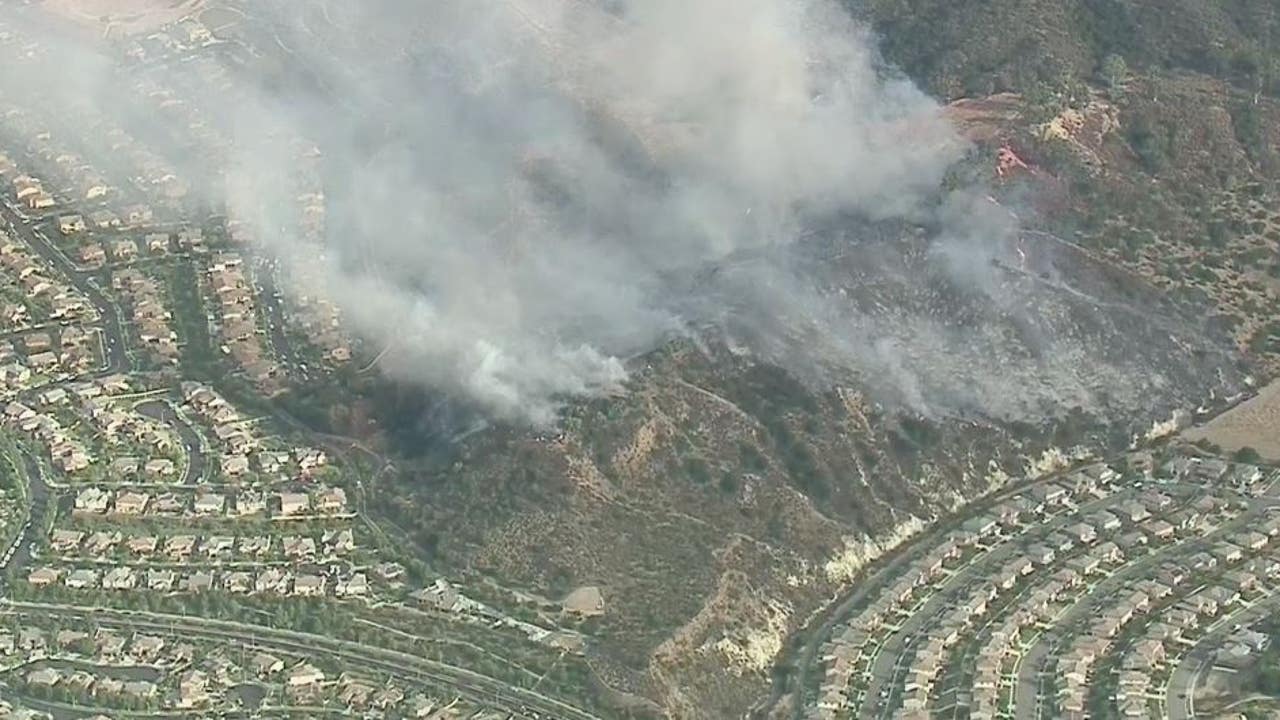


One difference is that the loss of airplane data could continue into the summer, the European Centre said. That has led the European Centre to see 45% drop-off in incoming reports from airplanes since March 1. About 17% of all trips worldwide have been cancelled, according to FlightAware, an airline tracking service. The decrease in flights due to Covid-19 pandemic hasn’t been that severe so far. The European Centre for Medium-Range Weather Forecasts found between a 4% to 5% loss in its modeling abilities, Davis said. After the September 11 terror attacks in the US, the grounding of global air traffic caused a deterioration of computer weather models. Forecasters have faced this challenge before. There could be a resulting dip in weatherforecasting accuracy, meteorologists warn, but fortunately there are possible workarounds to augment the remaining flights. With flights halted in many nations, meteorologists have seen a steep decline in more than 700,000 daily weather observations from aircraft. In terms of importance, aircraft data are usually in the top five, said Chris Davis, a scientist at the National Center for Atmospheric Research. That means a crucial eye in the sky has weakened just as spring flood waters rise across North American and Europe, and farmers are preparing to plant wheat, corn and soybeans. NEW DELHI: The pandemic that has idled scores of commercial flights is having a little-noticed consequence for meteorologists, whose forecasts rely in part on data collected from planes.


 0 kommentar(er)
0 kommentar(er)
